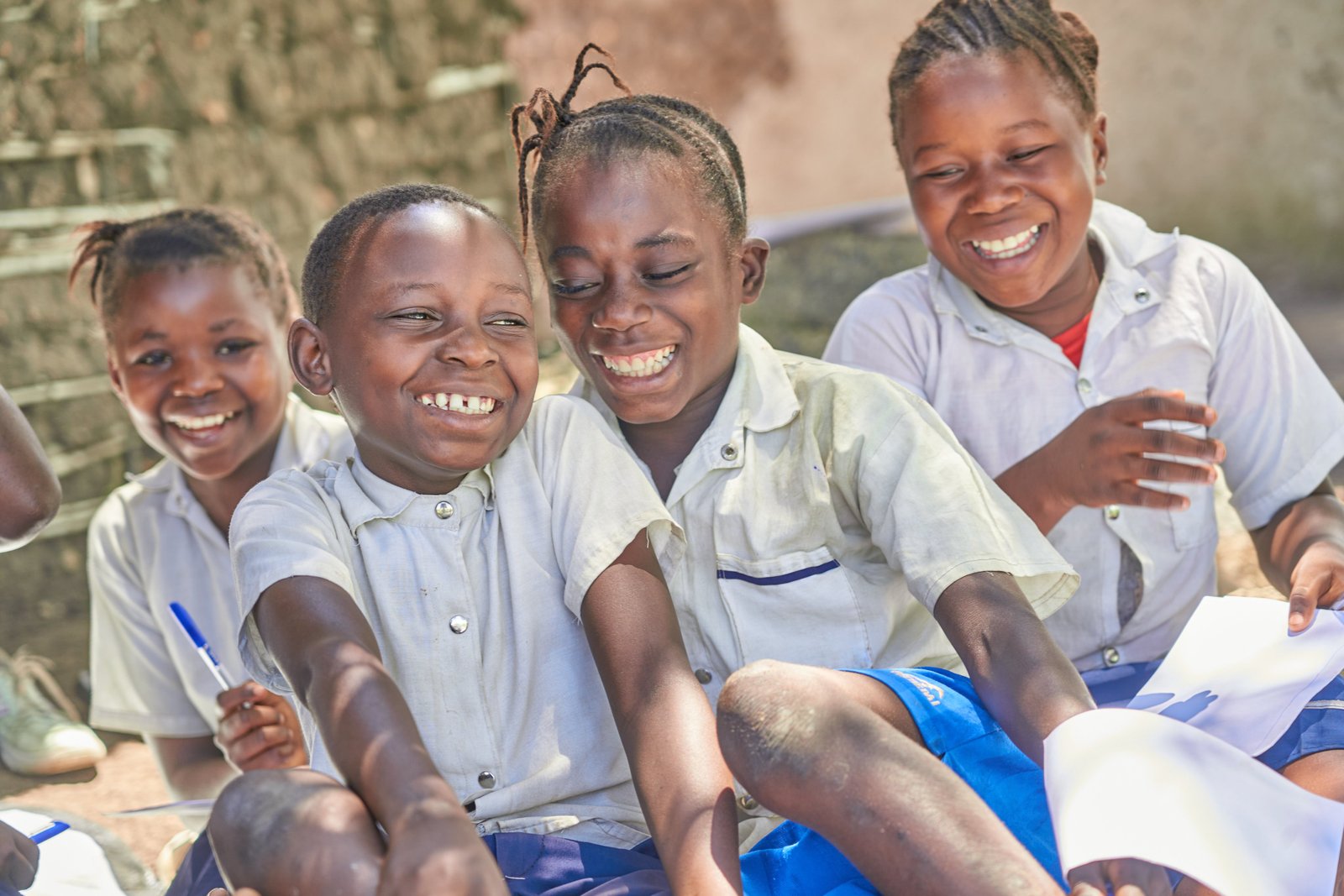From seeds to food sovereignty: the road to farmer autonomy
In rural areas of the DRC, agriculture is much more than an economic activity: it's a way of life, a culture, and often the main means of survival. Yet access to quality seeds, the starting point for all agricultural production, remains a challenge for many small-scale producers. All too often dependent on external distribution, or obliged to buy high-priced seeds unsuited to their environment, farmers see their autonomy compromised from the very first stage of the agricultural cycle.
This is why the issue of local, adapted and reproducible seeds is now at the heart of resilience and food sovereignty strategies. Promoting peasant seed systems not only preserves agricultural biodiversity, but also strengthens local capacity to produce in quantity and quality, season after season. More and more communities in the DRC are becoming aware of the importance of mastering the production, selection and conservation of their own seeds.
The path to self-sufficiency involves technical training, inter-community knowledge-sharing and, in some cases, the rediscovery of forgotten traditional varieties. In several of the projects planned by our organization, community seed banks will be set up, managed by the producers themselves. These local structures will not only promote equitable access to seeds, but also encourage solidarity, collective responsibility and the intergenerational transmission of agricultural knowledge.
But seed autonomy is not enough. It must be part of a broader framework of food sovereignty, where communities have the right to define their own food systems, adapted to their culture, environment and needs. This means enhancing the value of local products, strengthening fair trade marketing channels, and advocating agricultural policies that favor small-scale producers.
In the DRC, building food sovereignty also means resisting dependency, the standardization of crops and the marginalization of farmers in agricultural decision-making. Starting with the seed, the land and local know-how, rural communities can regain control of their future. Because a farmer who masters his seeds is a free farmer - and that's the first step towards true, sustainable resilience.
